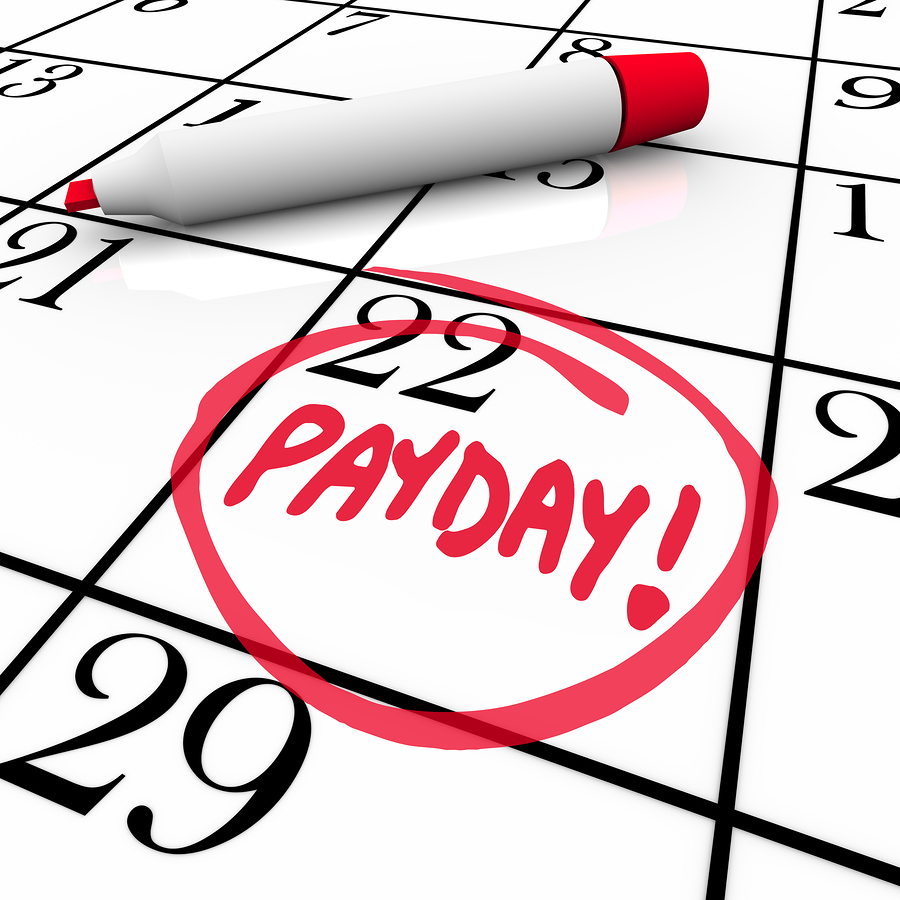Here’s the problem. A lot of times, as a business owner, there’s a lack of consistency in what we earn from month to month. This causes stress, as well as confusion, in our personal lives. It’s tough to plan ahead, and that becomes very difficult to deal with. Another problem is that if we don’t pay ourselves a steady salary, sometimes it’s harder to predict the true profitability of the business. For instance, many people pay themselves straight out of their company’s net profit, when owner salary should in fact be an expense. Net profit therefore is overstated in this case.
The solution to these issues is to pay ourselves a stable salary, and here are some suggestions on how to make it happen:
1. Look at the last 12 months’ worth of financial statements for your company and determine how much money it has made. Next, find your slowest three months. Take the average income of those months and figure out how much you would still be able to pay yourself in terms of salary. This is a good place to start, believe it or not. Many entrepreneurs are too overly optimistic, so they decide on a salary based on profit made during a great month or several great months. But what if you suddenly can’t afford that amount during a slow month? It pays to be conservative.
At most, I would recommend choosing a salary based on the average profit made over the last 12 months, but that’s still risky.
2. Begin to build up your emergency operating/salary fund. It might take a while to do this, but the sooner you start, the better. That way, hopefully you’ll have enough cash on hand to keep paying your own salary when you have a slow month or two. Contribute to this fund as often as you can, especially during big months.
For example, if you’re in retail, obviously your best months will be November and December. Resist the temptation to pocket that extra profit. Instead, allocate it toward your emergency fund. You’ll thank yourself later when a slow month rolls around.
3. Pay yourself consistently, as in the same amount every month. Doesn’t matter whether it’s a good or bad month, stick to the habit. Get into the rhythm. Don’t be one of those business owners who’s living it large during great months but goes back to eating ramen in the lean months.
4. Once you get the consistency down, do an evaluation every quarter. If there’s a ton of extra money, or if the company is doing above and beyond what you expected, you can then give yourself a bonus. Be reasonable here, and don’t forget to prioritize that emergency fund! The point is that you have the option to give yourself some extra income every quarter. But be sure to stick to every quarter so you’re not taking more than your business can afford. Alternatively, you can instead choose to evaluate every few months and give yourself a slight raise here and there.
5. Every year, evaluate and gauge what you’ll be paying yourself the following year. This is just like doing annual evaluations for your employees, except you’ll be doing so for yourself. In essence, you should know ahead of time what you will be making, as long as you build up that emergency fund and have a decently consistent business forecast.
Those are the five things to think about when it comes to paying yourself an owner salary. Trust me, doing so is going to reduce stress, and predicting the profitability of your business will become much easier. So go out and take action today!
